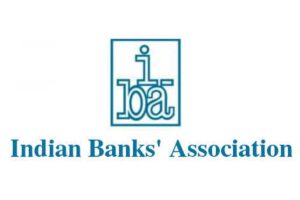GS 3 – Economy

Context
The Indian Banks’ Association (IBA) often appears in current affairs related to banking reforms, financial inclusion, negotiations with trade unions, and government–industry consultations.
About IBA
- Established: 1946 (as a voluntary association).
- Headquarters: Mumbai.
- Nature: A representative body of banks and financial institutions operating in India.
- Membership: Includes public sector banks (PSBs), private sector banks, foreign banks with branches in India, cooperative banks, and financial institutions.
Objectives
- Promote and develop sound and progressive banking principles in India.
- Provide a platform for banks to discuss and resolve common issues.
- Act as a consultative and advisory body on banking policies and practices.
- Coordinate with government, RBI, SEBI, IRDAI, and other regulators on industry matters.
- Support in human resource management, including wage settlements with bank employee unions.
- Facilitate adoption of new technologies, digital banking, cybersecurity, and financial inclusion initiatives.
Functions of IBA
- Policy Advocacy: Represents banking sector views to the government and regulators.
- Wage & HR Management: Negotiates industry-level wage settlements with bank unions.
- Standardisation: Frames uniform codes and guidelines for member banks (e.g., KYC, lending practices).
- Research & Training: Organises seminars, training, and studies on emerging financial issues.
- Coordination: Helps in inter-bank cooperation and dispute resolution.
- Financial Inclusion: Works on schemes like Jan Dhan Yojana, RuPay, UPI adoption.
Importance
- Provides a collective voice for banks.
- Ensures uniformity and stability in banking operations.
- Plays a role in reforming banking sector governance.
- Acts as a bridge between policy makers and industry practitioners.
Criticism / Limitations
- Being a voluntary association, its decisions are not legally binding.
- Sometimes seen as representing the interests of banks over consumers.
- Limited role in addressing issues like bad loans (NPAs) and governance failures.




